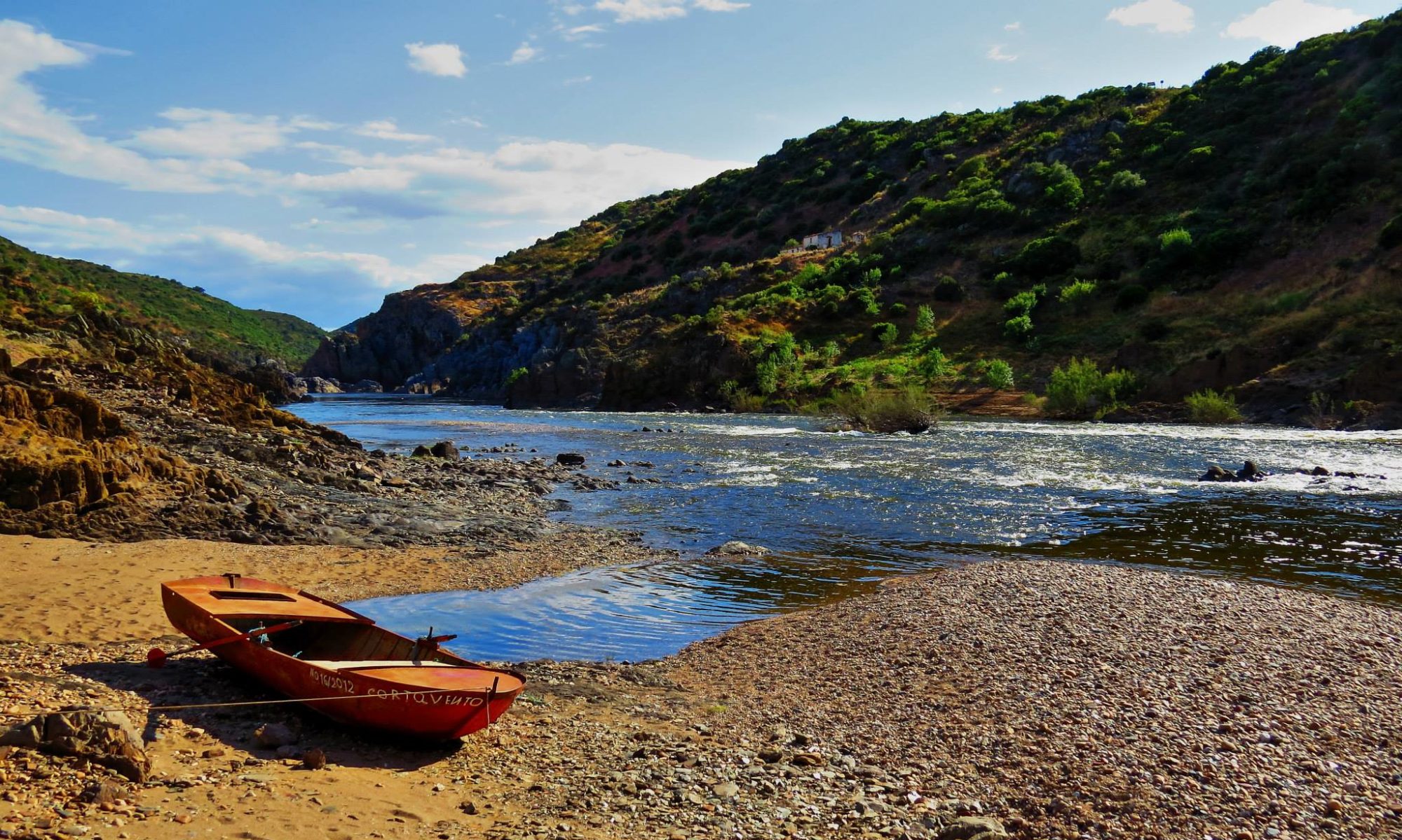How to get from Lisbon airport to Évora
Évora is connected to Lisbon by a reliable and inexpensive public transport network.
By bus:
Bus travel offers a great number of daily departures. The bus journey from Lisbon to Évora takes 1h45min and a single ticket costs €12.50. The inter city coach service is operated by “Rede Expresso” and the buses are clean, modern, have air conditioning, and Internet. Tickets can be purchased from “Sete Rios” bus station (served by the Jardim Zoológico metro station on the blue metro line) or via Internet at www.rede-expressos.pt. Internet tickets can be purchased up to 30 days in advance, but they are non-refundable and no alterations can be made to the tickets. When booking the ticket via Internet, make sure the destination is Évora and not Évora Alcobaça; a small town north of Lisbon.
By train:
Évora is connected to Lisbon by the Lisbon-Évora intercity rail route. Single tickets cost €12.20 and the journey takes 1h35 min. There are a total of 9 stops along the route, with Évora being the last station. The Lisbon to Évora train is operated by “Comboios de Portugal “(CP). Tickets can be purchased from www.cp.pt or from a train station. Train departs from “Oriente” train station (served by “Oriente” metro station on the red line) and passes through “Sete Rios” train station next to the bus station where buses to Évora depart from.
Airfares:
The best way to get to Évora is flying through Lisbon. The international airport in Lisbon is well connected with direct flights to all major European capitals.
Origin / flight duration / estimated price / airline
London 02:50 (direct) €110 British Airways
Frankfurt 03:05 (direct) €140 / $157 Lufthansa
Copenhagen 03:50 (direct) €280 TAP
São Paulo 09:50 €570 (direct) TAP
New York/Newark 10:50 €600 (1-stop Porto) TAP
Mexico City 14:00 €900 (1-stop Madrid) TAP Portugal + Aeromexico
Beijing 16:00 €580 (1-stop Frankfurt) Lufthansa + TAP Portugal
Sydney 28:00 €1060 (1-stop Dubai) Emirates






